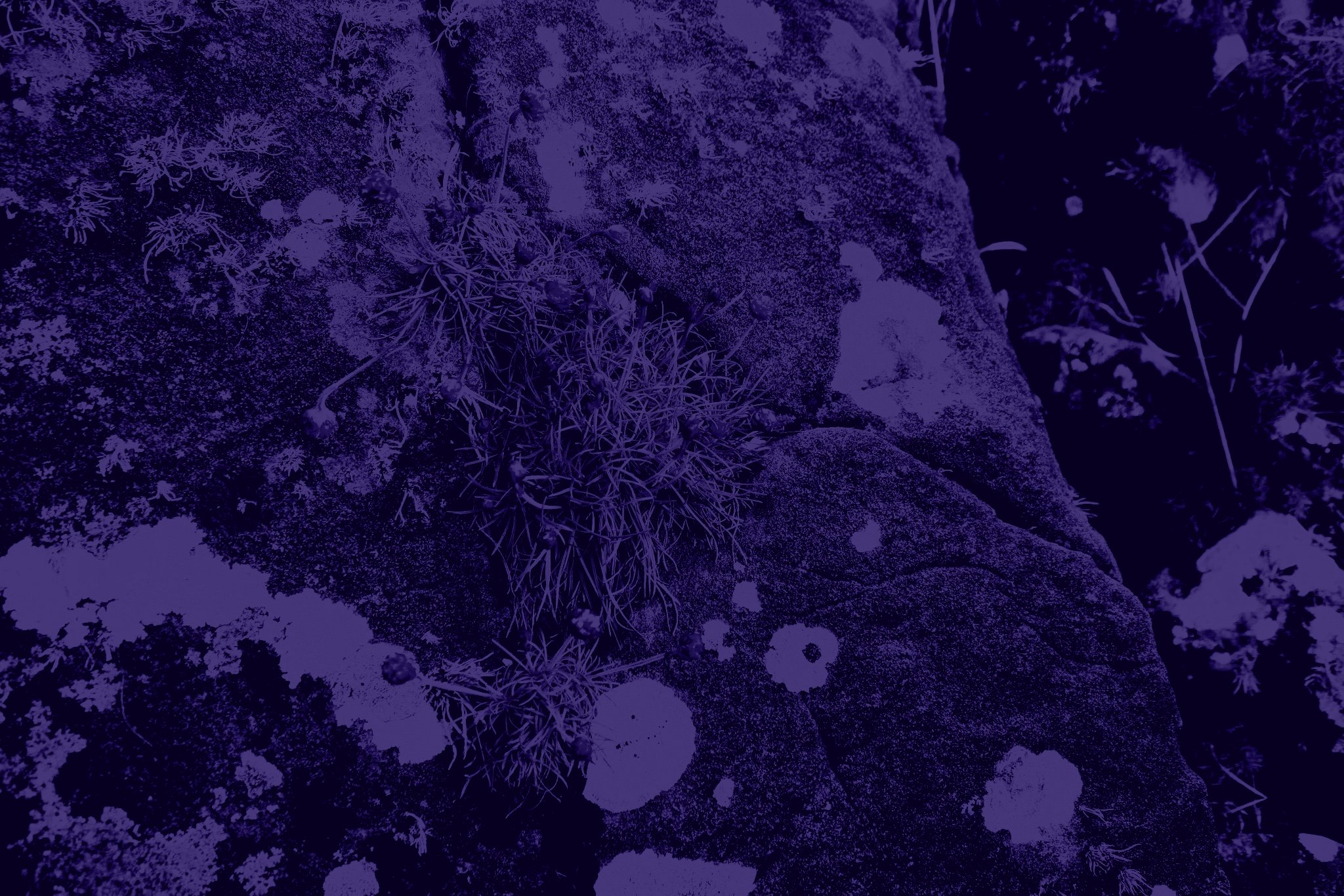
Tattoo Aftercare
Fresh tattoos are open wounds and need to be treated with care to avoid infection and limit scarring. Always wash your hands before touching your fresh tattoo. Your towels, bedding, and clothing all need to be clean if they will be in contact with your tattoo.
How to Cleanse and Moisturize
• Cleanse and Moisturize your tattoo 3-5 times a day.
• Gently wash your tattoo with warm water and a mild, unscented, liquid soap.
• Rinse the tattoo and gently pat dry with a very clean towel or a paper towel.
• Apply a small amount of a dedicated skin salve or Aquaphor to the tattoo, enough to moisturize but not leave the surface glossy.
• Hydrate your whole body by drinking lots of H2O!
• DO NOT use alcohol-based disinfectants, Neosporin, or Petroleum Jelly
Day 1-3
Regular Bandage
• Leave the bandage on for 2-4 hours, overnight is ok if your session ended late.
• Remove the bandage and DO NOT rebandage it.
• Begin the Cleansing and Moisturizing Routine.
Second Skin Dressing
• The Second Skin can be left on for up to 4 days if it is nice and dry underneath.
• If you get a puddle of plasma and ink that builds up, remove the dressing.
• Remove the dressing under warm water, use soap to help remove the adhesive.
• Pull the dressing back parallel to your skin, NOT straight out, to limit trauma to the skin
• Begin the Cleansing and Moisturizing Routine.
Day 4-20
• You can now switch over to a dye free, fragrance free, healing lotion
• Continue to keep the tattoo clean and moisturized.
• Continue to keep yourself well hydrated!
Possible Side Effects:
Mild swelling, pain, bruising, discoloration, rash-like reactions to the shaving, ink or adhesives
Abnormalities:
Excessive swelling, infection, fever, illness, allergic reactions
Your tattoo should feel about as sore as a sunburn.
Consult a physician at the first signs of any adverse reactions.
What to Expect as you Heal:
Week 1
You will experience oozing, swelling and redness that improves daily. Scabbing will begin.
Week 2
You will experience itching and flaking, continuing until all layers of the dead skin and scabs have fallen off.
Week 3
Your tattoo will appear healed, deeper layers of the skin are still healing, please continue to stay hydrated and moisturize your tattoo.
Restrictions and Limitations During the Healing Process:
• Strictly no submerging in water (swimming, baths, etc).
• Avoid exposure to sunlight, dirt, animals, sweating, germs
• No abrasive clothing.
DO NOT scratch when it itches or pick at scab or flaking skin while your tattoo is healing. Doing so will most likely result in unwanted scarring and increased risk for infection.
Please reach out if you have any questions or concerns. I deeply appreciate receiving images of your healed tattoos so that prospective clients can see the quality of my work. It's a great way to help support me as an artist.
I look forward to tattooing with you in the future!
